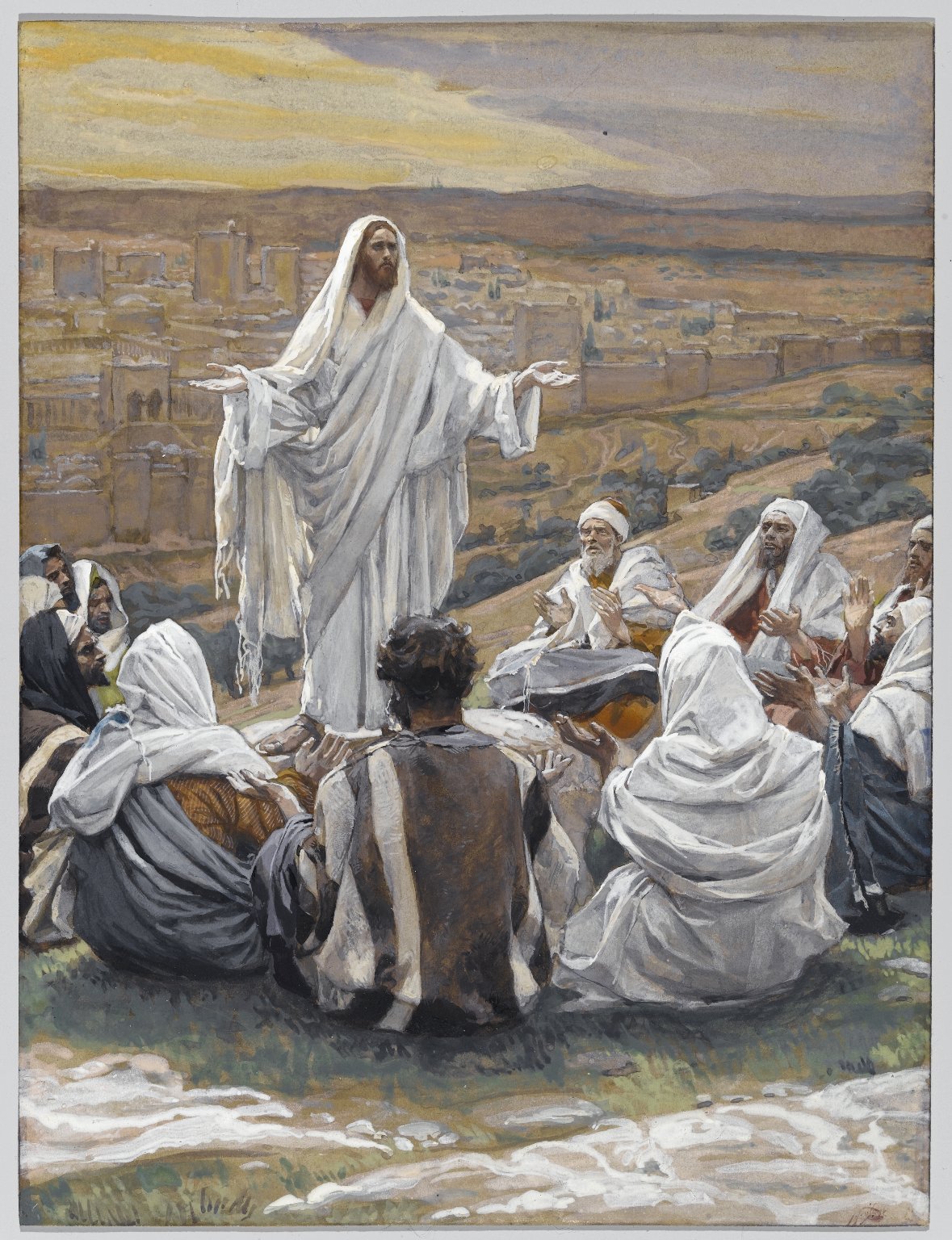The Gospels often put before us beautiful, powerful, sometimes unvarnished, petitions of our Lord. I believe, help my unbelief! the demoniac’s father blurts out. Increase our faith! the Apostles exclaim. In today’s Gospel (Lk 11:1-13) the disciples make a request with similar childlike bluntness and candor, Lord, teach us to pray.
These words express what every human heart desires, but what few recognize. The disciples had been watching Jesus in prayer and instinctively wanted to share in it. Indeed, we all want that union with God that is a genuine conversation. We want to know how to speak with Him truly and authentically, as friends do.
Lord, teach us to pray. Of course, this beautiful request is a prayer in itself. As soon as we speak those words, we’re already praying. If you spend hours simply begging for the ability to pray, that is good prayer.
Lord, teach us to pray. In response to this plea, Jesus does three things. First, he gives them words to pray. He teaches them a version of the Our Father. It’s not the version we’re used to (that comes from Matthew’s Gospel). But the difference of words is not as important as the principle of his giving words to use. That is, he doesn’t expect us to begin speaking to God spontaneously. He knows our weakness, that we don’t know the first thing to say.
The Apostle tells us, “We do not know how to pray as we ought.” We need to be given the right words when we come before almighty God. That shouldn’t surprise us. “What should I say?” is a question we ask whenever we have to speak with a person of some importance. So, our Lord and his Church provide words for us to use in prayer: the Psalms, other verses from scripture, the Liturgy, the Rosary, and so on. These set, structured forms of prayer give us the words that we couldn’t know on our own.
Here Saint Benedict’s maxim comes into play: Mens nostra concordet voci nostrae – “May our mind be in accord with our voice.” In all other situations, we seek the opposite, that our words be in accord with what we’re thinking. We don’t want to lie. But when it comes to prayer, we want God to give us the proper words to speak first, and then we conform our minds and hearts to them.
Thus, all the prayers of our Tradition – the Psalms and the Liturgy most especially – have shaped the minds and hearts of Catholics for centuries.

Second, our Lord gives reasons to be confident in prayer – but in a strange way, by way of a bad friend and wicked fathers. He speaks first of a friend who is clearly not a good friend. He won’t even get out of bed to help. The man in need obtains his help not by friendship but by persistence. An obvious moral of the story is the need to persevere in prayer. But another meaning is that if this is the case with an imperfect human friend, how much more confidence should we have in the Lord, who has made us his friends.
Similarly, Jesus’ somewhat insulting words about fatherhood reveal the goodness of our heavenly Father. “What father among you,” he asks, wouldn’t provide for his children? “If you then, who are wicked, know how to give good gifts to your children, how much more so your Father in heaven.” The sting of his words about our imperfection serves to reveal the beauty of God’s fatherhood and gives the greatest reason for confidence. Even we, imperfect as we are, know what a father should provide. How much more does God the Father.
Finally, our Lord reveals the ultimate purpose of prayer. “If you then, who are wicked, know how to give good gifts to your children, how much more will the Father in heaven give the Holy Spirit to those who ask him?” But nobody had mentioned the Holy Spirit. The conversation had been about fish and eggs. Our Lord seems to introduce this topic out of nowhere.
So, he reveals the real purpose of prayer in a stark manner. No matter what immediate situation might prompt us to pray, the goal is a greater union with the Holy Spirit, to be more deeply introduced into God Himself. No matter what immediate need we might have, God’s purpose is to increase His Spirit within us.
Maybe this is why we don’t pray more. We want God to answer our prayers. He desires to do so as well. Hence the command to ask, seek, and knock. But God has something more in mind than we do. We’re focused on this or that intention. Our Father has a greater desire. Perhaps we sense that if we ask Him for what we need (or what we think we need) we will be drawn into something more. We don’t yet want all that He desires to give us. We want our perceived needs met while He, the perfect Father, wants to give us Himself.
This catechesis on prayer forms a nice unity. It begins with the observation of our Lord’s prayer and the plea, Teach us to pray. It ends with the gift of the Spirit, who completes our Lord’s teaching and who, even more importantly, “comes to the aid of our weakness” and enables us to pray.
*Image: The Lord’s Prayer (Le Pater Noster) by James Tissot, c. 1890 [Brooklyn Museum, New York]















